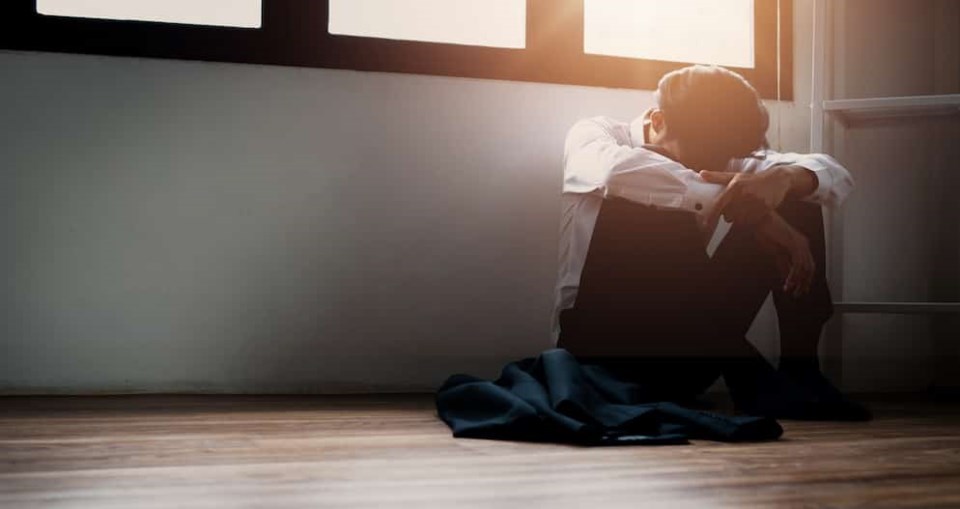As Vancouverites strive to stay physically healthy during the COVID-19 pandemic, many of them are fearful of what the future holds.
Given the unprecendented circumstances of the health crisis, many people feel anxious and stressed and may not know how to manage their emotions.
Vancouver Is Awesome spoke to Jennifer Hollinshead, founder of Peak Resilience, a Vancouver-based counselling practice, about how she feels the COVID-19 pandemic has and will continue to effect mental health, as well as what people may do who are feeling hopeless or fearful.
"We're noticing that people who already struggle are struggling more," remarks Hollinshead. "If someone was already dealing with a mental health issue, such as PTSD, anxiety or depression, they may find that their symptoms are worse."
Increased isolation, uncertainty over the future, and fear for the health and safety of ourselves and others can lead to feelings of anxiety and hopelessness. As such, Hollinshead argues that mental health is just as important as physical health when it comes to responding to COVID-19.
"We've been trying to support our team via daily ZOOM virtual check-ins. If someone has a child at home, we try to work around their schedule," she says. "For people working remotely, it's important to have check-ins with your team."
Hollinshead notes that people who are quarantined in close quarters with family, a partner, or roommates should be mindful of the added stressors on their relationships. She suggests having a morning huddle to discuss the day so that it meets everyone's needs. For example, a couple working at home with a child may need to organize a schedule in order to supervise a child, or simply for alone time when they can recharge.
Sadly, Hollinshead states that cases of domestic abuse may increase due the pandemic.
Peak Resilience offers virtual counselling services via phone or video, which Hollinshead says are critical for people who are struggling and are not able to see someone in person right now.
"I have one client who has three roommates and she couldn't talk on the phone without being heard," she describes. "We went for a walk and talk, instead."
Hollinshead adds that the practice is also creating a weekly, or possibly bi-weekly, online group counselling service that people may join for free. As such, individuals who have recently lost their jobs or simply can't afford counselling will soon be able to access vital information and support.
Peak Resilience has also created a complete COVID-19 Mental Health Guide which is free for Vancouver residents to use as a resource to maintain their own mental health, and promote the mental health of those around them.
A few tips from the guide:
-
Recognize that fear and uncertainty are normal and these feelings make sense
-
Remember that ‘panic sells and calm saves’ - be careful about what information you consume
-
Focus on taking small, concrete steps every day to prepare and educate yourself
Hollinshead also highlights that there are a number of positive things happening during this health crisis, which include the various ways that people are coming together to support each other. She underscores that it is important to remember these good things, too.



